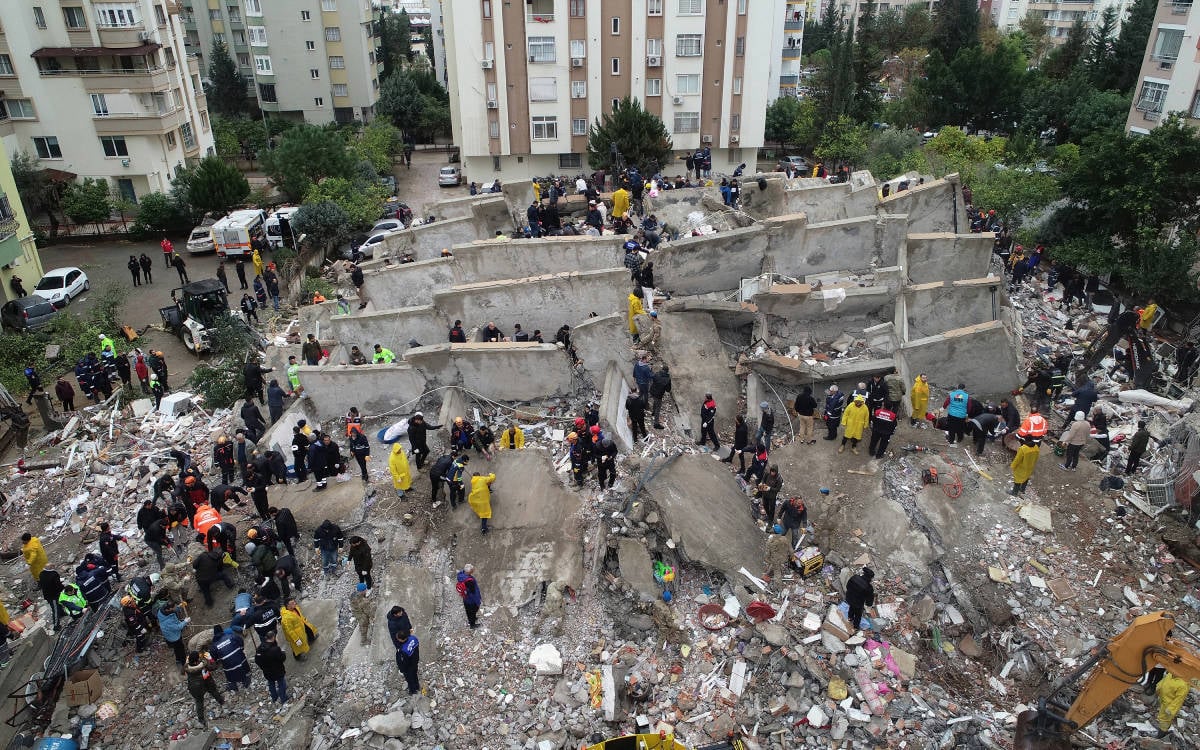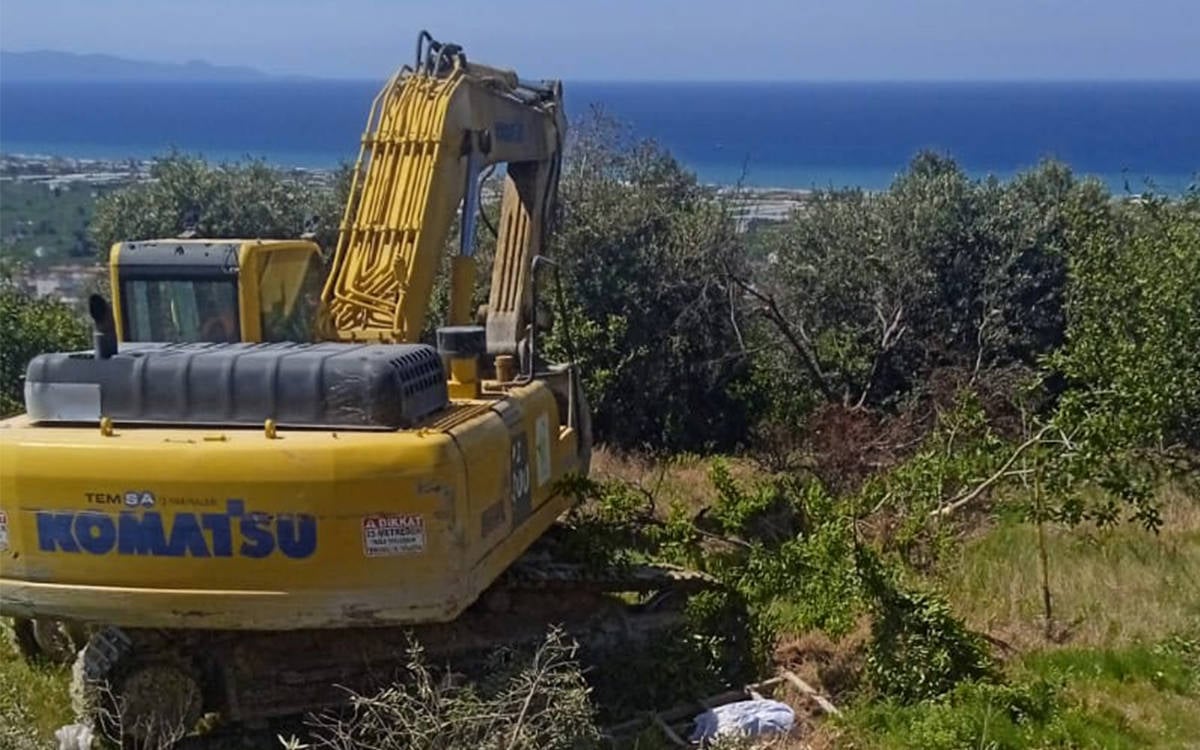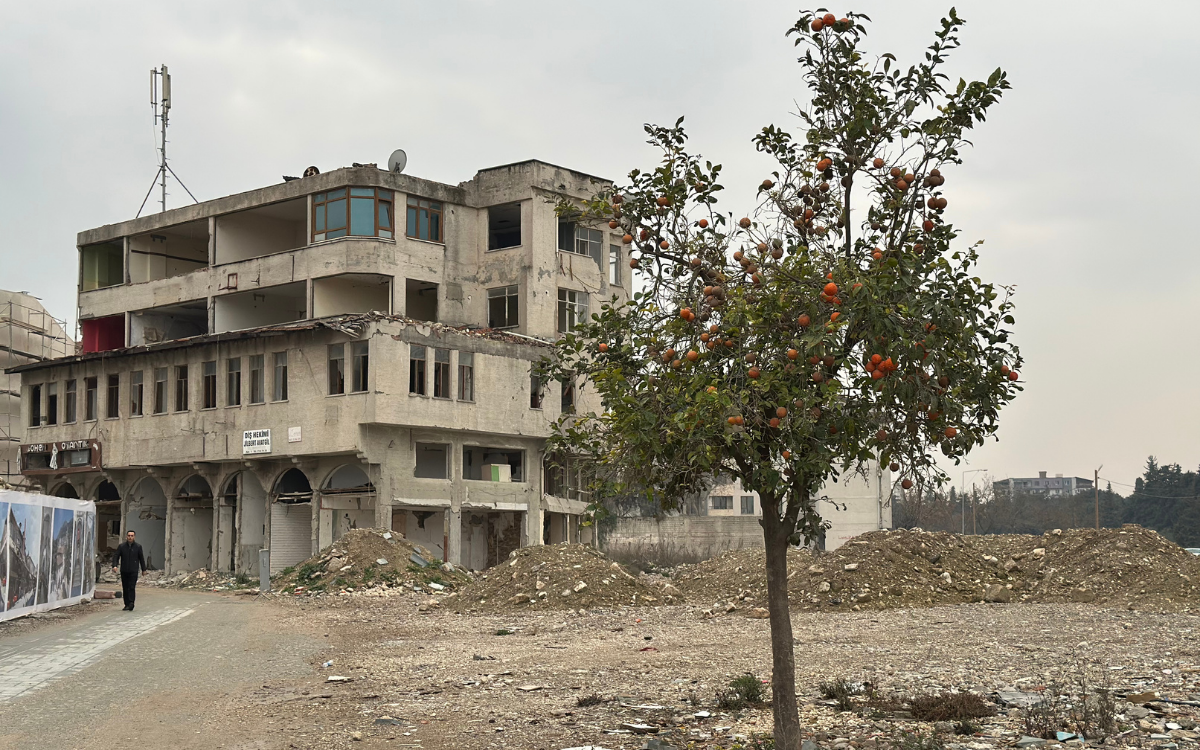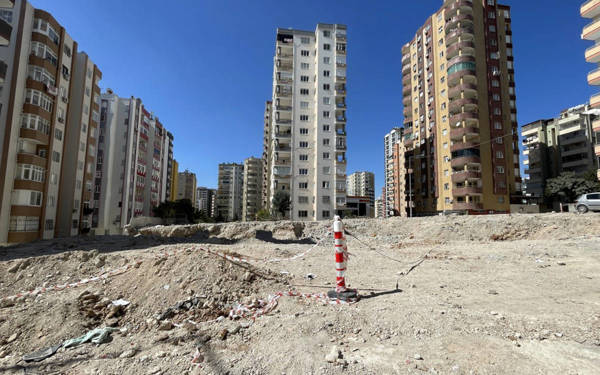2023 earthquakes left behind destruction and grievence in Adana


Twenty-two months have passed since the devastating earthquakes centered in Maraş on February 6, 2023.
In Adana, where 418 people lost their lives, the Provincial Directorate of Environment, Urbanization, and Climate Change has demolished 3,297 severely damaged buildings. However, the demolition of 4,062 moderately damaged buildings remains incomplete.
In these 22 months, numerous rights violations have occurred. Rubble that should have been separated to preserve evidence was dumped at a single site, delaying judicial processes. TOKİ (Turkey's Housing Development Administration) has not completed housing projects, and citizens have been unable to build new homes due to zoning problems.
'Defendants were allowed to tamper with evidence'
Tutar Apartment is one of the buildings devastated in the February 6 earthquakes, where 63 people died, and 12 were injured. The trial for the building is ongoing.
One of the attorneys involved in the case, Umay Büyükdağ, argues that the investigation phase was not conducted properly, allowing defendants the opportunity to tamper with evidence and flee:
“While blocks A, B, and D of the Tutar Apartment complex sustained no damage, Block C, which had undergone structural modifications, collapsed. The ground floor had been altered by cutting through columns and beams to merge it with the first floor. However, core samples were not properly taken from the start, and evidence was not adequately collected.
The rubble from the different apartment blocks should have been dumped separately. This was crucial not only for evidence collection but also for the survivors and families of the deceased to retrieve personal belongings and keepsakes. Instead, the rubble was all mixed together at the same site.”
'Twenty-one months of hearings without defendants'
Büyükdağ also noted that for 21 months, five hearings in the Tutar Apartment case were held without any defendants present:
“Bekir Baloğlu and Osman Baloğlu, who are accused of cutting columns and beams, were investigated by the Adana Chief Public Prosecutor’s Office. However, without even taking their statements, the case was dismissed. Although they were later arrested, they were released under house arrest after spending only one month in prison following the first hearing.
The dismissal was based on expert reports from both Çukurova University and Karadeniz Technical University, which did not attribute fault to the defendants. Neither report mentioned any structural modifications.
Meanwhile, another defendant, engineer Cüneyt Akkaya, is abroad. As a result, we conducted 21 months of hearings with empty defendant chairs. In five sessions, the victims' attorneys sat in the places meant for the defense lawyers.
We believe this situation arose due to the failure to conduct thorough and prompt investigations. If the investigation had been more meticulous, we could have summoned the defendants to court earlier.”
The prosecutor argued for "reckless negligence," the judge for "probable intent"
Büyükdağ pointed out that all investigations were initially launched under "probable intent" charges. However, during the trial phase, the prosecutors revised these charges to "reckless negligence" in their indictments. Nevertheless, in cases where convictions were issued, judges still based their rulings on "probable intent."
Recalling the trial of Alpargün Apartment, where 96 people died, attorney Umay Büyükdağ explained:
“The Adana 12th High Criminal Court sentenced the building’s contractor, Hasan Alpargün, to 62 life sentences and an additional 865 years in prison for ‘murder with probable intent.’ However, the court’s ruling contradicted the prosecutor’s opinion, which had recommended a charge of ‘reckless negligence.’
Of course, each case must be assessed based on its specific circumstances. Yet, the fact that charges in all these cases are downgraded from ‘probable intent’ to ‘reckless negligence’ indicates that investigations were not conducted with sufficient care.”
'Responsibility of municipalities'
Büyükdağ emphasized another crucial issue—the responsibility of municipalities. She explained that before 2000, municipalities were responsible for structural inspections, and although this responsibility has since shifted to private building inspection companies, municipalities still oversee building modifications.
“Our case files reveal serious inspection failures by municipalities,” she said, adding:
“The people we lost in the earthquake were killed by negligence and lack of oversight. If municipalities and inspection companies fulfilled their duties, and if the state implemented preventive policies to protect the right to life, no one would die in an earthquake.
Our legal fight is aimed at achieving this. If we can change societal perspectives and end impunity, we can transform Turkey.”
IMO: Less than 1% of buildings received reinforcement permits
Hıdır Çak, Chair of the Adana branch of the Chamber of Civil Engineers (İMO), highlighted another problem.
Çak noted that moderately damaged buildings have not been reinforced and that applications from buildings without occupancy permits are being rejected. Municipalities, due to ongoing uncertainties, also hesitate to issue reinforcement permits:
“The Ministry of Interior issued a notice to owners of moderately damaged buildings who wished to reinforce their structures. Initially, the deadline was set for December 29, 2023. Due to low application numbers, it was extended to July 5, 2024.
It was also stated that moderately damaged buildings that fail to obtain reinforcement permits would be treated as severely damaged and demolished. However, this initiative yielded very limited results. One key reason is that applications from buildings without occupancy permits are not being accepted.
Secondly, municipalities are hesitant to approve permits for even those with permits due to the uncertainty. As a result, out of nearly 4,000 moderately damaged buildings, only 30 have received reinforcement permits. The number of permits issued does not even reach 1%.”
Çak also pointed out that very few performance analyses have been conducted to determine which moderately damaged buildings can be reinforced and which must be demolished. He warned that buildings, where reinforcement would cost less than demolition and reconstruction, are being unnecessarily demolished.
“This is a waste of financial resources,” he said.
“If this is the situation in Adana, the condition in provinces that experienced far more destruction and loss during the February 6 earthquakes is undoubtedly much worse. It’s becoming clear that the grand promises made after the earthquake have been abandoned.”
'Adana is not ready for another earthquake'
Dr. Mehmet Tatar, Chair of the Adana branch of the Chamber of Geological Engineers, echoed these concerns, stating that Adana is not prepared for another earthquake.
He criticized delays in constructing earthquake-resistant buildings and noted that zoning regulations have caused citizens to suffer significant rights violations.
(MY/HA/VK)








